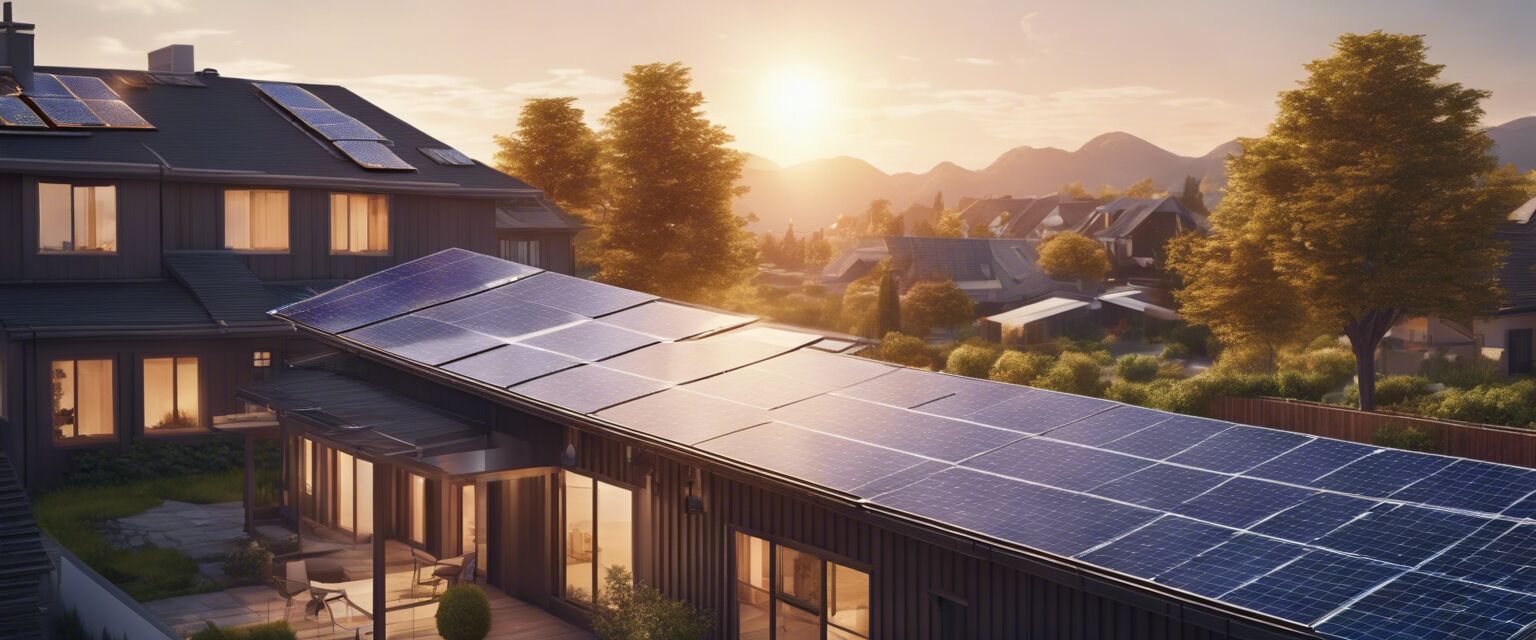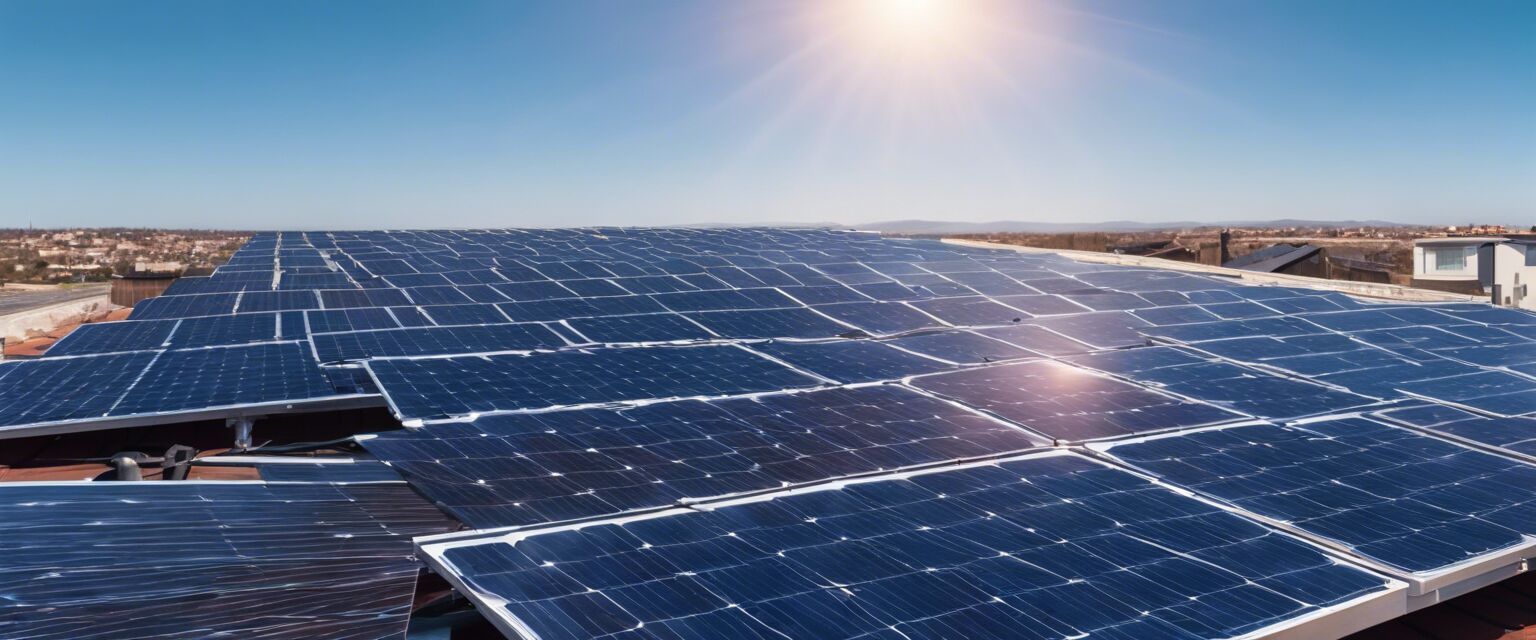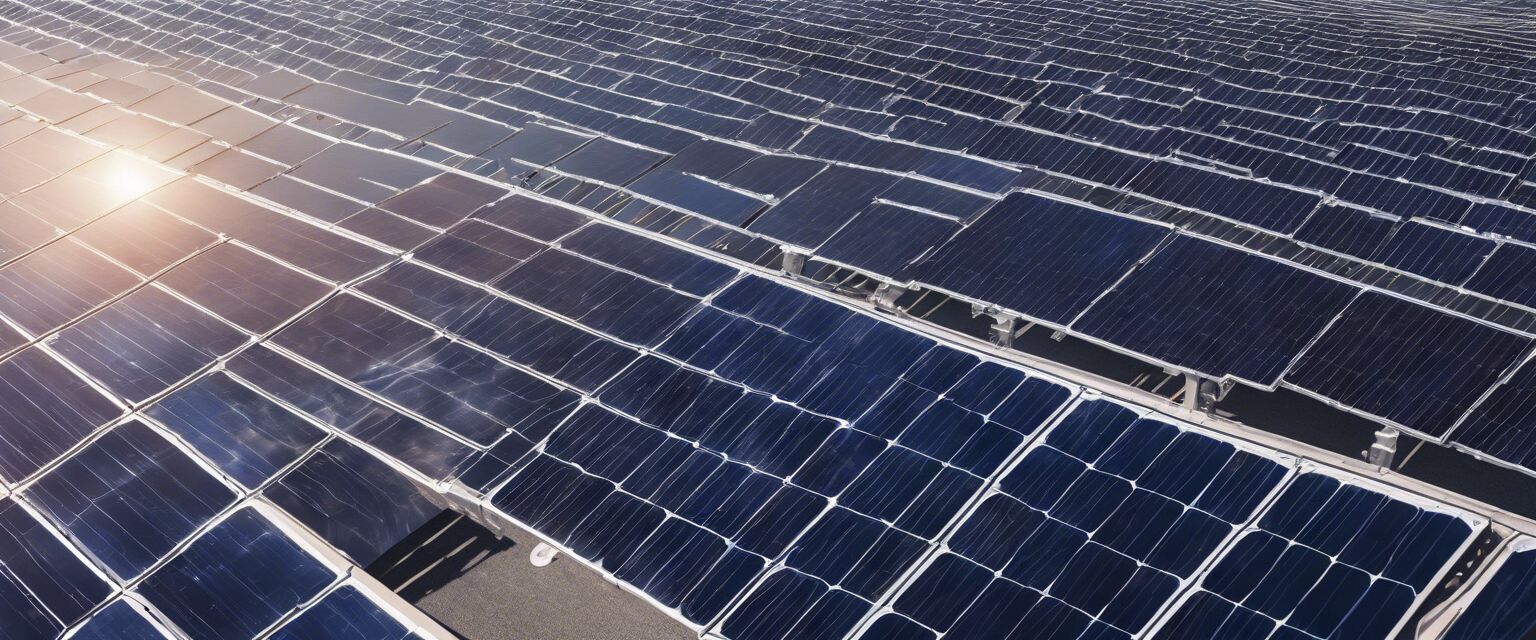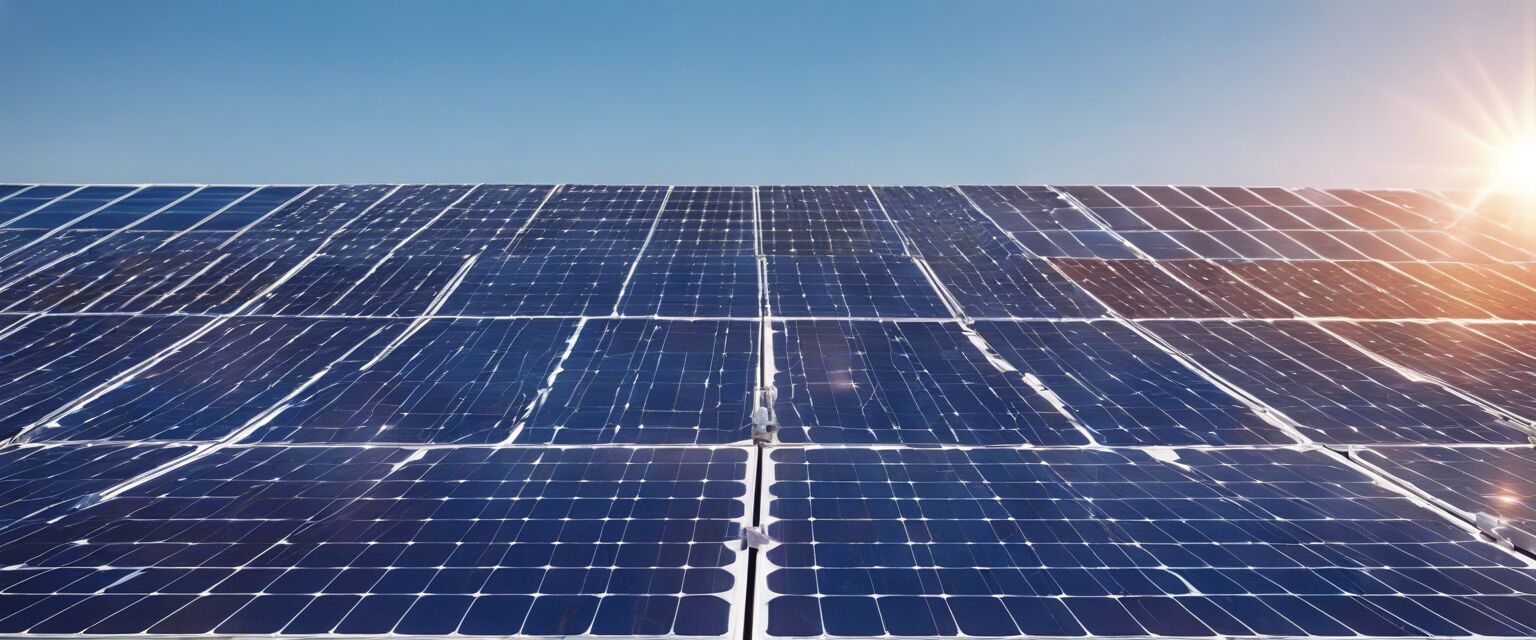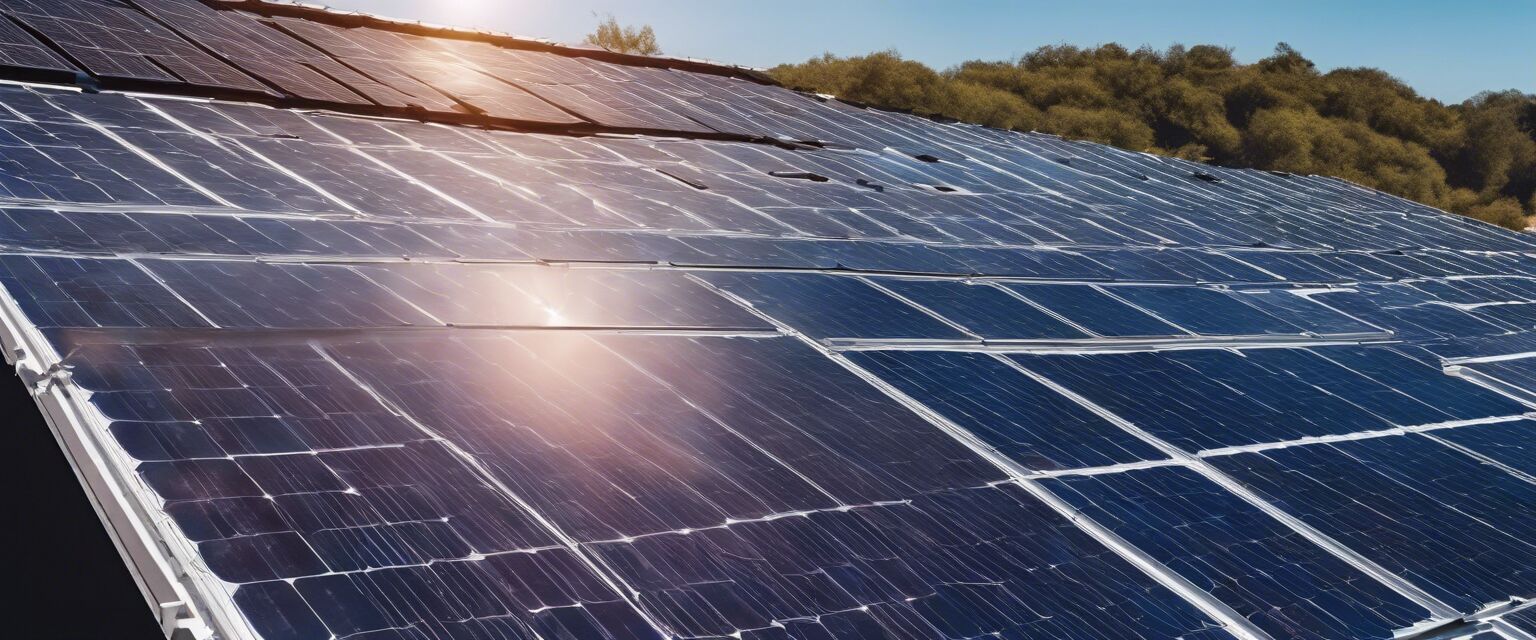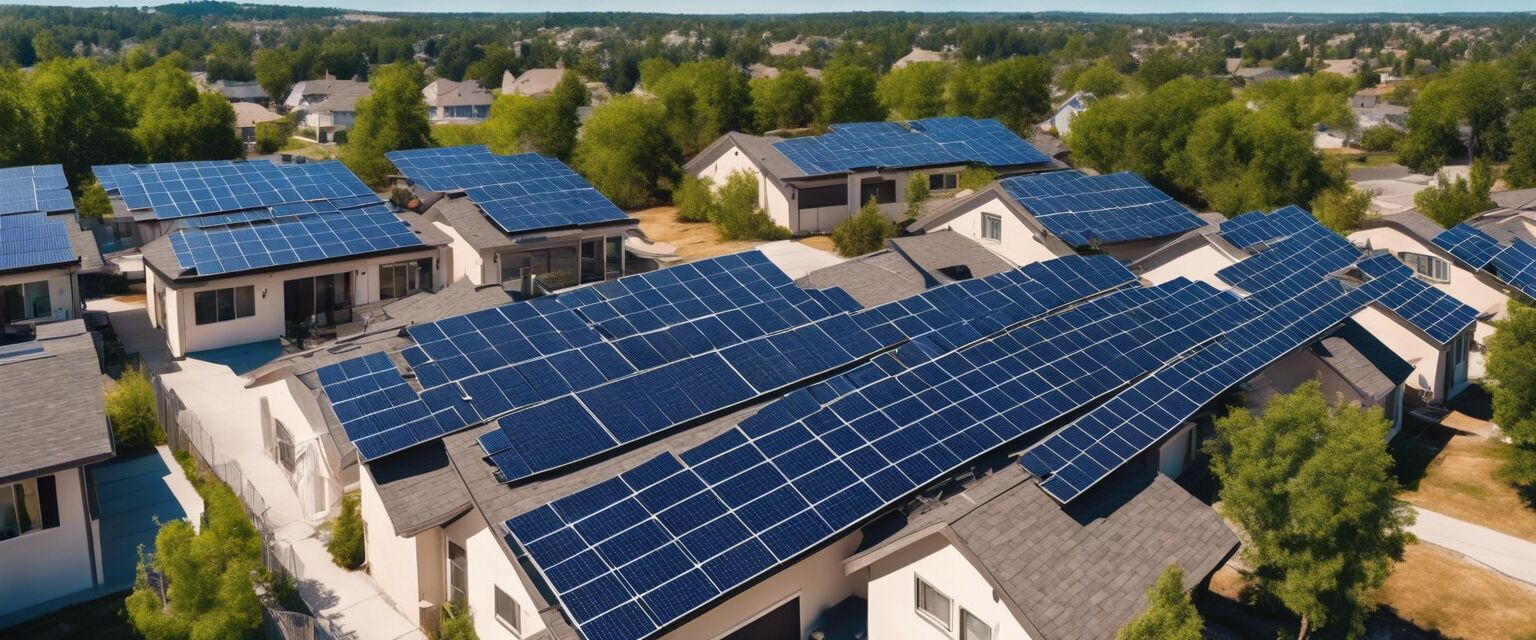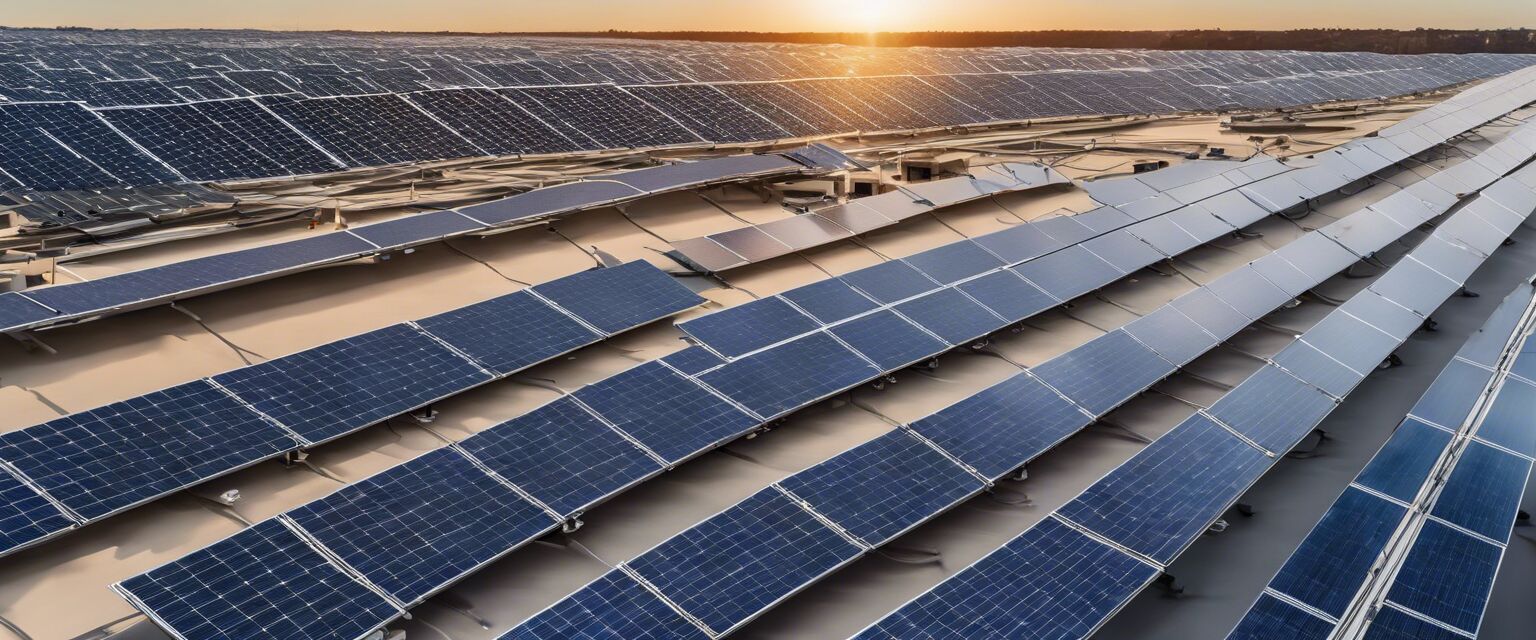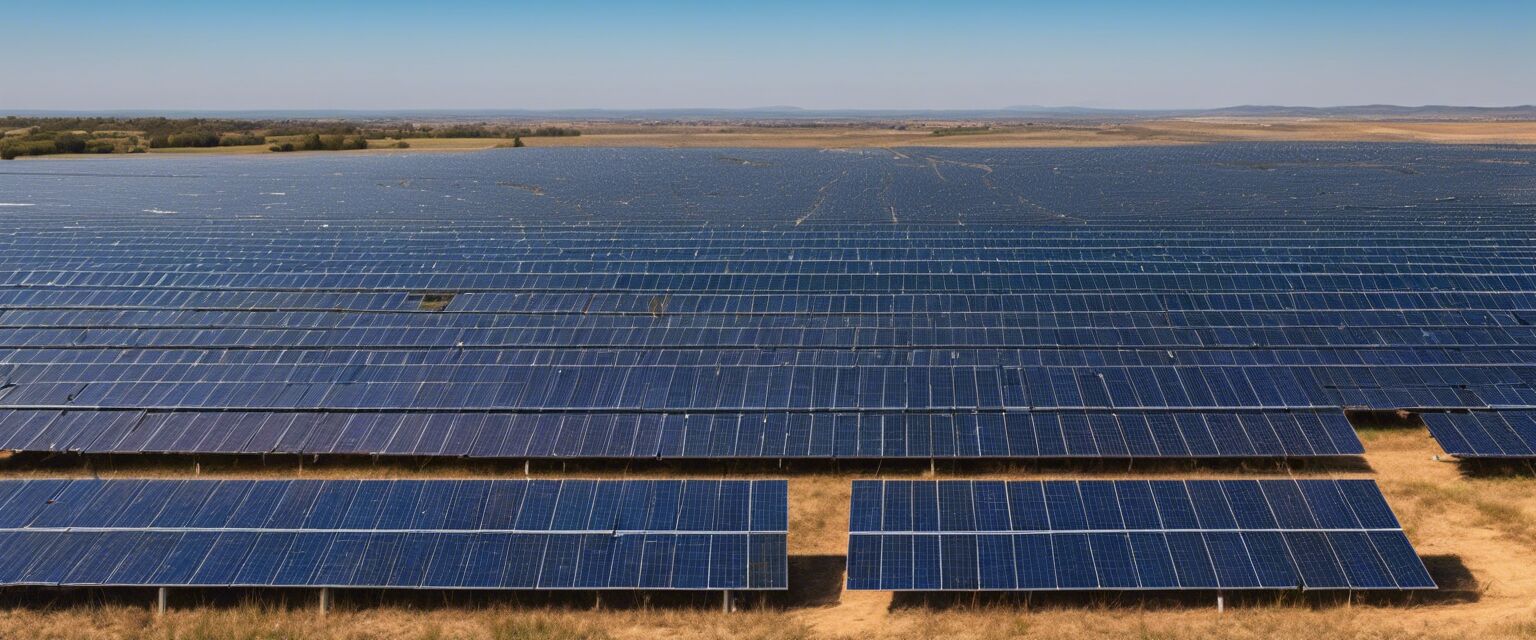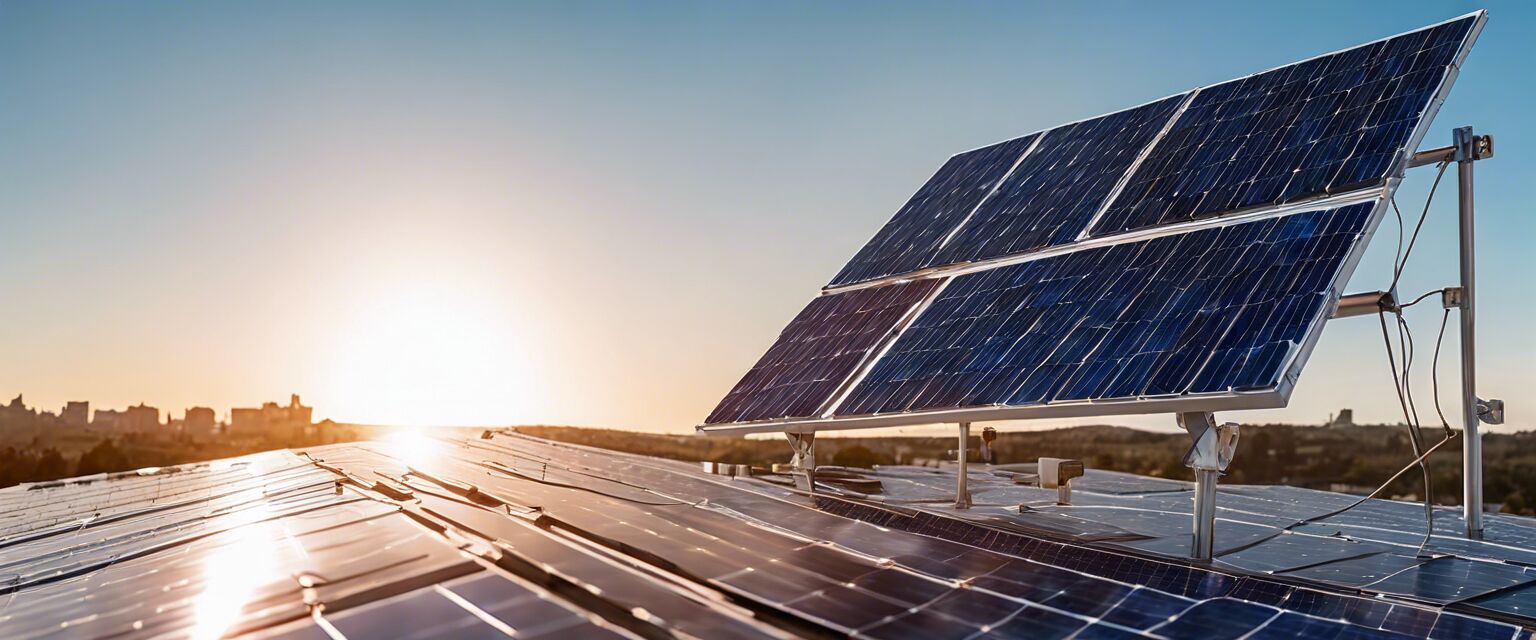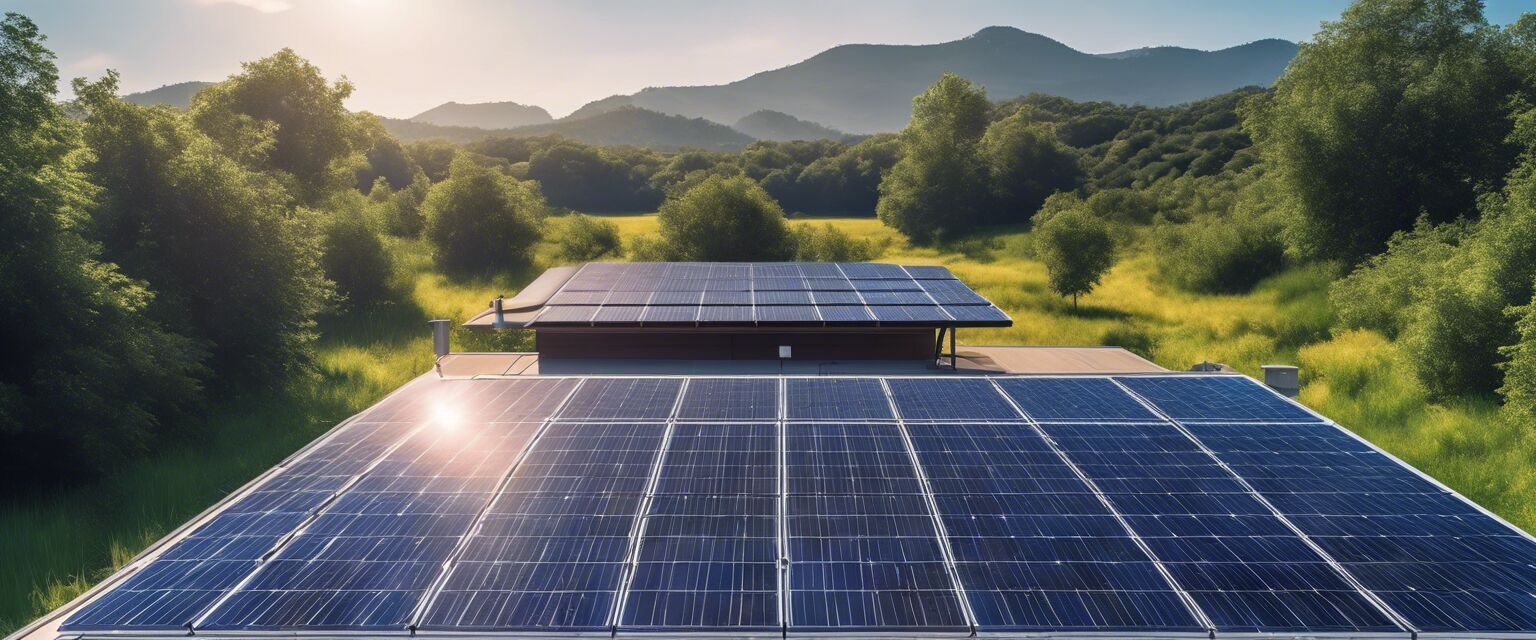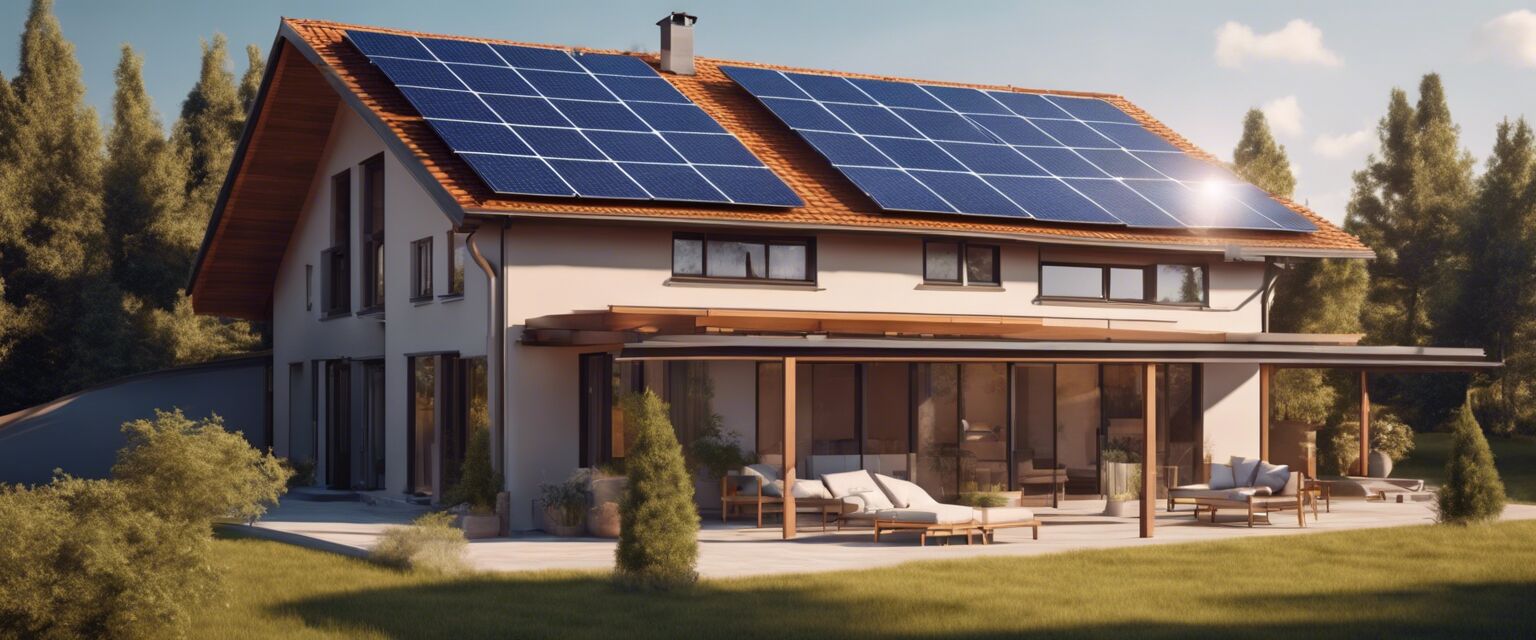
Residential Solar Panel Systems
- Solar panels reduce electricity bills and environmental impact.
- Several types of solar panel systems are available for residential use.
- Government incentives can significantly reduce the cost of installation.
- Proper maintenance ensures longevity and efficiency of solar systems.
In recent years, residential solar panel systems have gained immense popularity among homeowners. As energy costs continue to rise, investing in solar energy offers a sustainable and economical solution. This article provides a comprehensive overview of residential solar panel systems, including types, benefits, installation, and maintenance.
What are residential solar panel systems?
Residential solar panel systems are setups that convert sunlight into electricity for home use. They typically consist of solar panels, an inverter, and other system components that work together to harness solar energy. Homeowners can use this electricity for various applications, including lighting, heating, and powering appliances.
Types of residential solar panel systems
When considering a solar panel system, it's essential to understand the different types available. Below is a comparison table outlining the main types:
| Type | Description | Pros | Cons |
|---|---|---|---|
| Grid-tied | Connected to the public electricity grid. |
|
|
| Off-grid | Independent from the electricity grid. |
|
|
| Hybrid | Combines grid-tied and off-grid systems. |
|
|
Benefits of Residential Solar Panel Systems
Investing in solar energy comes with numerous benefits:
- Cost savings: Solar panels significantly reduce electricity bills.
- Environmental impact: Solar energy is clean and renewable, reducing carbon footprint.
- Increased home value: Homes with solar systems often have higher property values.
- Energy independence: Solar panels provide autonomy from fluctuating energy prices.
Government incentives and financing options
Numerous government incentives can help offset the costs of solar panel installations. Below are some common options:
- Federal Investment Tax Credit (ITC)
- State tax credits and rebates
- Property tax exemptions
- Financing options, such as solar loans and leases
How to choose the right solar panel system
Choosing the right solar panel system involves considering several factors:
- Energy needs: Assess your energy consumption to determine the appropriate system size.
- Roof orientation: South-facing roofs are ideal for solar panel installations.
- Budget: Evaluate financial options and incentives available to you.
- Local regulations: Check zoning laws and HOA regulations that may affect installations.
Installation Process
The installation of a residential solar panel system typically involves the following steps:
- Site assessment by a solar contractor.
- System design and permitting.
- Installation of solar panels and equipment.
- Final inspections and activation of the system.
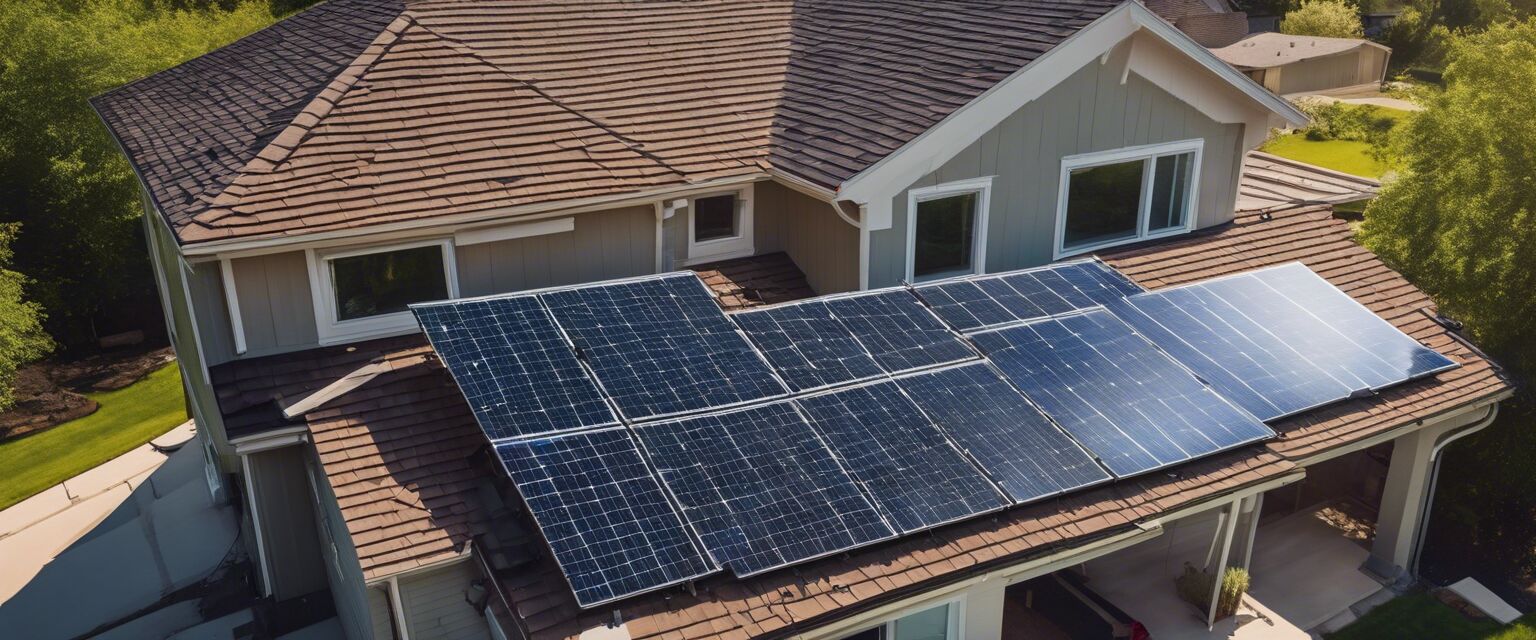
Maintenance of Solar Panel Systems
Regular maintenance is crucial for ensuring the longevity and efficiency of solar panel systems. Here are some tips for proper upkeep:
Maintenance Tips
- Regularly clean the solar panels to remove dirt and debris.
- Inspect for any damage or wear on the panels and components.
- Monitor the system's performance and energy output.
- Schedule professional maintenance checks annually.
Common FAQs about Residential Solar Panel Systems
Here are some frequently asked questions regarding residential solar panel systems:
- How long do solar panels last? Solar panels typically last 25-30 years with proper maintenance.
- Will solar panels work on cloudy days? Yes, solar panels can generate electricity even on cloudy days, though efficiency may be reduced.
- Do I need a battery for my solar panel system? A battery is not necessary for grid-tied systems but can provide backup power for off-grid systems.
Conclusion
Residential solar panel systems present an excellent opportunity for homeowners to save on energy costs while contributing to a sustainable future. With various types available and numerous incentives, now is the perfect time to consider making the switch to solar energy.
Pros
- Reduced energy bills
- Eco-friendly energy source
- Increased property value
- Government incentives available
Cons
- High initial investment
- Weather-dependent energy generation
- Space requirement for installation
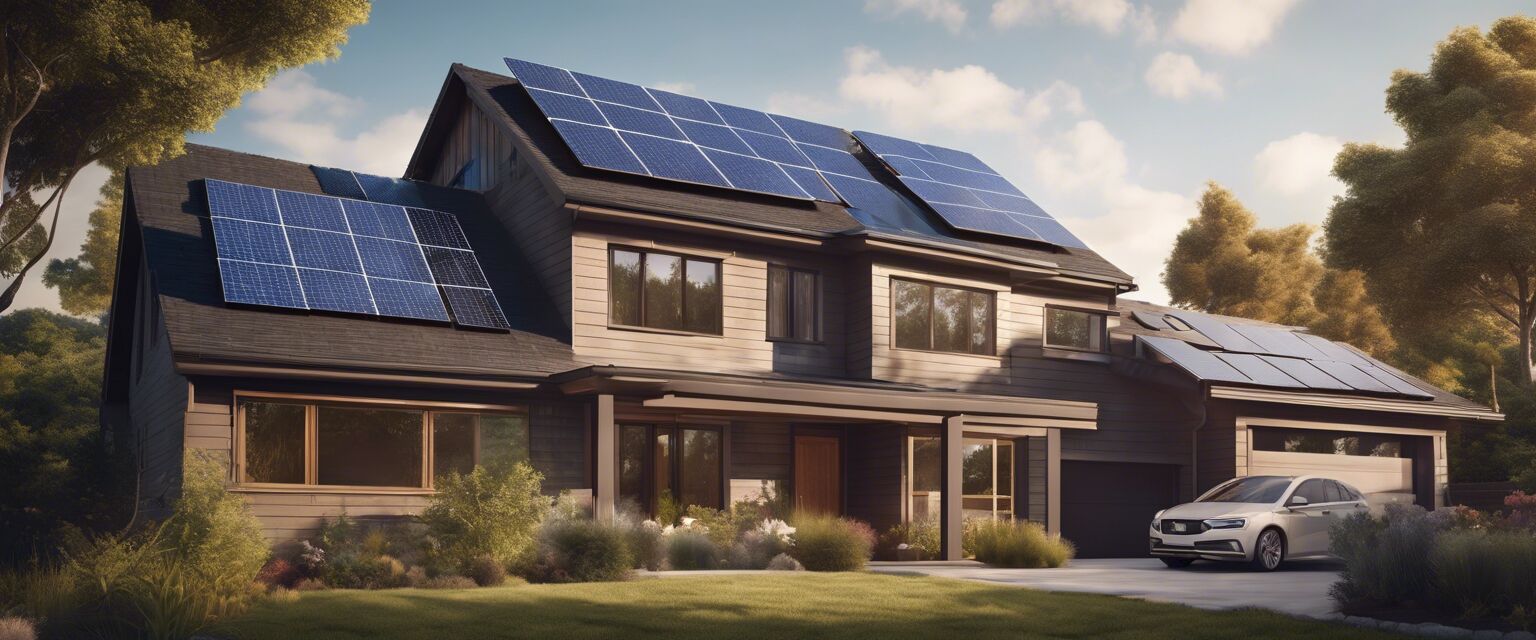
Further Resources
For more information on solar panels and related products, check out our other pages:
- Residential Solar Panels
- Commercial Solar Systems
- Solar Inverters
- Solar Water Heaters
- Solar Lighting
